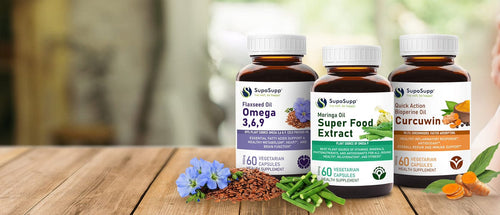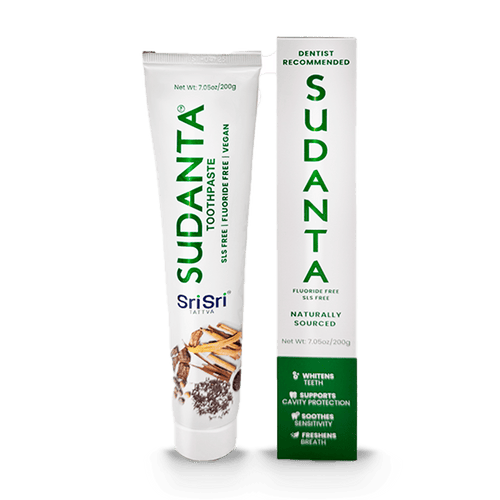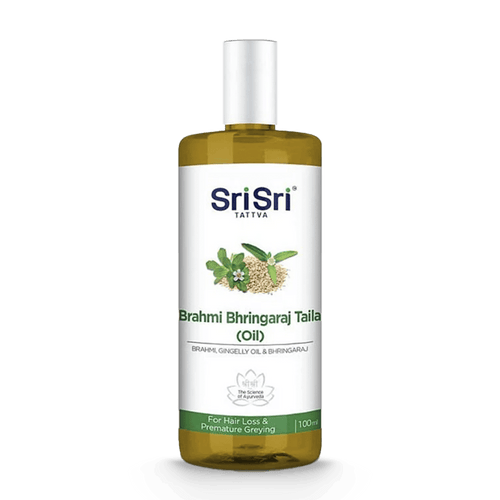While we wade through this pandemic, you probably have been reading a lot more about the importance of zinc supplements in boosting immunity, than ever before! And with reason... Zinc is a key mineral that is needed to rev up more than 300 enzymes in the body. As per studies, it is a useful mineral to have sufficiently available in your body to help with the flu and the common cold; building immunity; many infections; acne, cholesterol and much more.
People consume zinc through natural food sources, even whole foods, or in the form of over-the-counter medication. It is easier to absorb zinc through natural food sources than artificial supplements. The zinc varieties that absorb the trace mineral better in the body like zinc picolinate, are quite expensive.
Zinc supplements if consumed within the recommended dosage of 40mg per day, may not be such a concern, but any more than that can cause side effects including nausea, digestive issues, flu symptoms including fever, coughing, and fatigue. Overdose can also interfere with the body’s innate ability to absorb other minerals like copper and some other forms of antibiotics. But you can always meet your daily zinc requirement through dietary and herbal sources that are natural and safe, and come loaded with many other important micronutrients and minerals that your body needs to synthesize zinc better.
Why Zinc is important
• Supporting the Immune System:
Zinc is like the body's immune system commander. It helps our immune cells, such as T cells, B cells, and neutrophils, fight off infections and illnesses.
• Building Blocks for Growth:
Think of zinc as the bricks for growth and development. It's crucial during periods of rapid growth, like childhood, teenage years, and pregnancy.
• Genetic Maintenance:
The metal is the handyman for our genetic material (DNA). It's vital for cell reproduction and repair, making sure our genetic code stays in top shape.
• Protein Production:
Acts as the factory manager for making proteins. Proteins are like the workforce for various body functions, including building muscles, repairing tissues, and producing hormones.
• Brain and Mood Booster:
It helps neurotransmitters that influence our mood and behavior function properly and supports cognitive abilities.
• Cell Defender:
Zinc plays the role of a superhero against free radicals, which can damage our cells. This defense reduces the risk of chronic diseases and slows down aging-related issues.
• Sensory Satisfaction:
Keeps our senses in check, especially for our eyes and taste buds. Without enough zinc, you might experience vision problems and taste disorders.
• Digestive Harmony:
It is in charge of making sure we produce enough stomach acid. This acid is crucial for proper digestion and the absorption of all the nutrients we need.
1. Natural zinc supplement: Holy basil or Tulsi
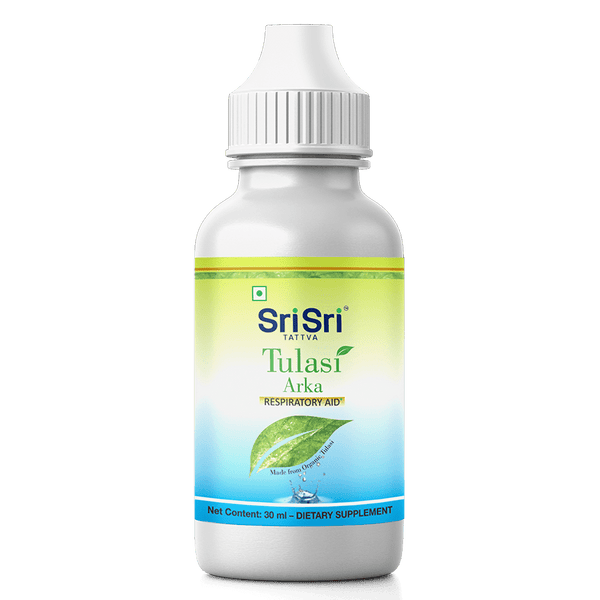
More and more people are turning to natural options like herbs such as holy basil which is considered as the queen of herbs in the ancient healing system of Ayurveda for its plethora of benefits for the human body and mind. Boosting immunity is just one of them. There have also been studies to support the use of holy basil for its therapeutic benefits. It is high on nutrition and contains vitamin A and C, calcium, zinc (about 7.1 mg, meeting 47% RDA), and iron.
Chronic stress can be damaging to our immune system and the last thing one needs during these challenging times is a compromised immune system. Holy basil comes in handy here, as a powerful adaptogen, that is, it helps the body adapt to stress and improves mental resilience, irrespective of whether the source of stress is a physical, mental, chemical, or emotional one.
The Journal of Ayurveda and Integrative Medicine mentions that the anti-anxiety and antidepressant properties present in holy basil can be compared to that of antidepressant drugs like diazepam. A study found that people who took holy basil every day, showed less signs of anxiety, stress and depression and felt more connected to their surroundings.
Apart from that, the herb is known from ages to help with infections and wounds due to its antiviral, antibacterial, and anti-inflammatory properties. There is research available to show its wound healing property against acne, keloids and ulcers.
It helps maintain healthy blood sugar levels, and is good for those who are pre-diabetic or have diabetes type-2. Studies have shown, holy basil helps manage weight gain, cholesterol, insulin resistance and with many respiratory issues.
2. Brahmi (Indian pennywort or bacopa monnieri)
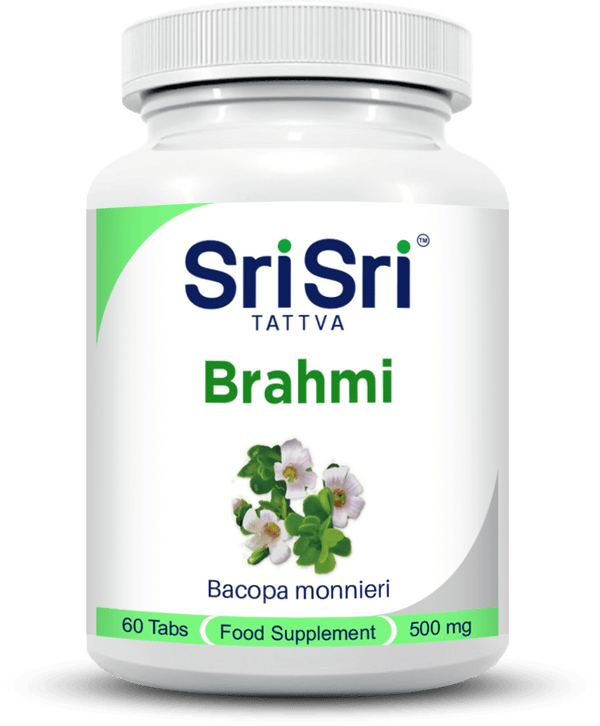
This is yet another Ayurvedic super herb, rich in zinc, known for its relaxing, antipyretic, and stress-reducing properties. It is an antioxidant herb that is known to enhance memory, learning, and concentration, and sharpen the intellect. But more importantly, it manages the production of a happy hormone called serotonin that helps the mind and body relax. It is known to help with a host of stress-related disorders including anxiety disorders & fatigue. Brahmi is also rich in minerals like sodium, potassium, manganese, zinc, and copper.
Studies show that daily intake of brahmi as a source of antioxidants for the body, is more effective than five doses of vitamin E.
3. Satavari (asparagus racemosus)
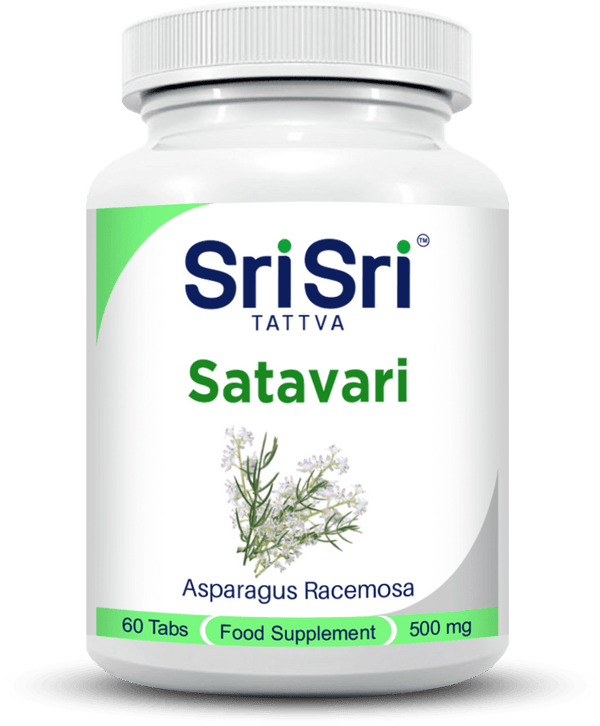
A species of the asparagus family, you probably know this herb for its fertility-boosting benefits. But this herb is also a storehouse of important vitamins, minerals and antioxidants that help fortify immunity, help with stress and anxiety, improve digestion and importantly used in treating many respiratory ailments, according to Ayurveda.
Satavari can be a strong candidate for a herbal zinc supplement since it contains 0.54 mg zinc per 100 gms apart from other important minerals including iron, calcium, manganese, selenium, and vitamins like Thiamin, folates, niacin, vitamin K, E and C.
4. Bhringraj (false daisy)

Popular and almost unmissable as an ingredient in Ayurvedic or herbal hair oils, hair conditioners and hair masks for its moisturizing, nourishing, and revitalizing properties, Bhringraj is also a strong adaptogen. You will find that mothers massaging the heads of their daughters and sons with bhringraj oil for its dual benefit are a common sight in South Asia. It provides deep relaxation as well as nourishment for hair follicles. It is also loaded with vitamins, minerals and micronutrients including sodium, copper, iron, calcium, zinc and potassium.
Published by Ruchira Roy
This content on the Sri Sri Tattva blog is not intended to be a substitute for professional medical advice, diagnosis or treatment. Always seek the advice of your physician, or other qualified health providers with any questions you may have regarding a medical condition. Any links to third party websites is provided as a convenience only and the Sri Sri Tattva Blog is not responsible for their content.
5. Herbs High in Zinc
• Thyme (Thymus vulgaris)
Thyme (Thymus vulgaris) is a versatile herb used for its flavor-enhancing properties and potential health benefits. It is a herb high in zinc, thyme is renowned for its antioxidant compounds, such as thymol and rosmarinic acid, which help protect the body's cells from damage caused by free radicals. These antioxidants reduce the risk of chronic diseases.
Thyme also possesses anti-inflammatory qualities and aids in digestion, making it a useful addition to both culinary and herbal remedies. It is rich in vitamins, including vitamins K, A, and C, as well as essential minerals like iron and manganese.
• Oregano (Origanum vulgare)
Oregano, scientifically termed Origanum vulgare, is among the herbs high in zinc. Renowned for its potent antioxidants, notably rosmarinic acid and thymol, oregano safeguards cells, curbing oxidative damage and potentially averting chronic diseases, bolstering well-being. Oregano offers diverse health support: anti-inflammatory, antibacterial, and digestive aid, easing discomfort and bolstering gut health.
Apart from being a source of zinc, it contains a wealth of essential vitamins such as vitamins A, C, K, and various B vitamins, alongside minerals like iron, manganese, and calcium. Oregano emerges not just as a flavorful herb but as a versatile health ally, offering an array of benefits beyond its humble zinc content.
Signs of Zinc deficiency
- Impaired Immune Function: Frequent infections and slow wound healing.
- Skin Problems: Rashes, acne, and delayed wound healing.
- Loss of Appetite: Reduced sense of taste and smell.
- Growth and Development Issues: Stunted growth in children and delayed sexual development.
- Hair and Nail Problems: Hair loss and brittle nails.
- Cognitive and Behavioral Changes: Poor concentration, mood swings, and depression.
- Digestive Problems: Diarrhea and poor absorption of nutrients.
- Eye and Vision Issues: Night blindness and other vision problems.
6. Health benefits of Zinc
Strengthens the Immune System:
Vital for producing white blood cells that defend the body against infections. Zinc supplements reduce the duration and severity of common colds and respiratory infections.
Speeds Up Wound Healing:
Plays a crucial role in making collagen and repairing tissues, which are essential for wound recovery. Its supplements accelerate the healing of burns, ulcers, and skin conditions.
Enhances Skin Health:
It supports the growth of new skin cells and maintains the skin's protective barrier. Zinc improves acne symptoms, reduces eczema flare-ups, and boosts overall skin health.
Fights Inflammation:
Zinc possesses anti-inflammatory properties that can help reduce inflammation in the body. It is beneficial for people with chronic conditions like arthritis, heart disease, and inflammatory bowel disease.
Protects Against Age-Related Macular Degeneration:
Age-related macular degeneration is a leading cause of vision loss in older individuals. Zinc is vital for producing melanin, a pigment that safeguards the retina from damage and slows the progression of this condition.
Enhances Cognitive Function:
It is essential for brain development and function. It improves cognitive function in individuals with Alzheimer's disease and other forms of dementia.
How to get zinc in your diet
Through supplements and by adding the food rich in zinc into your diet:
Food in diet
- Meats
- Seafood
- Dairy Products
- Legumes
- Nuts and Seeds
- Whole Grains
- Eggs
- Vegetables
Conclusion
Zinc is a crucial mineral for our overall health, from supporting the immune system to promoting skin health and cognitive function. Incorporating zinc-rich foods into your diet or considering supplements can help you harness its numerous benefits. So, make zinc a part of your well-balanced nutrition for a healthier you.

